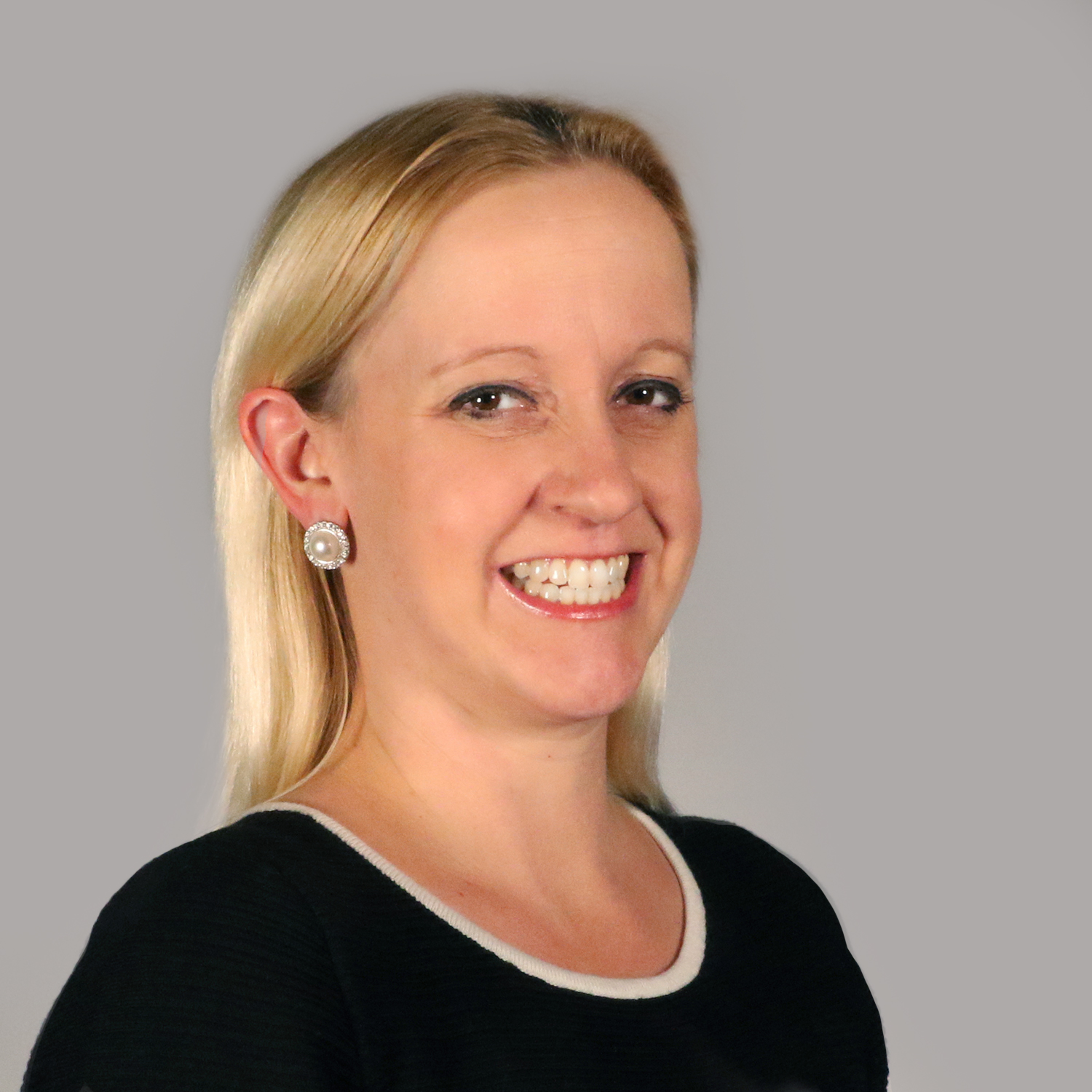EdChoice releases survey of private school landscape in Texas
New data distributed as policymakers consider educational choice proposals
INDIANAPOLIS — EdChoice, a nonprofit organization that promotes state-based educational choice programs, today released a policy brief outlining the private school landscape in Texas. The survey of more than 300 private school leaders indicated that schools want to be part of educational choice programs despite an initially limited familiarity with them.
Texas lawmakers have indicated they may consider an education savings account or ESA proposal this session. ESAs empower families to customize schooling options for their students; they operate like debit cards that can be used to pay for private school tuition and fees, online learning programs, private tutoring and educational therapies. Students also can carry over unused funding to pay for community college or higher education expenses.
Only 27 percent of schools reported familiarity with ESAs, but 63 percent said they would be interested in participating in an ESA program once they learned more about it.
“It’s heartening that so many Texas schools are open to the concept of an ESA, which is the most innovative form of educational choice currently available,” said EdChoice President and CEO Robert Enlow. “More and more states are moving toward ESAs because they truly give families the flexibility they need to tailor-make a plan that works for their students.”
In addition to probing knowledge of other types of school choice, EdChoice asked Texas private schools about their capacity to accept new students. The results show at least 31,000 open seats available in Texas, with a projected estimate closer to 127,000 seats.
“As we’ve found in other states, there’s plenty of room to grow private school attendance, and we know from our past research that parents overwhelmingly would choose private schools if they were able,” said Drew Catt, the survey author and EdChoice Director of State Research and Policy Analysis.
EdChoice also asked the schools about tuition, testing, regulatory concerns and whether they serve special need students. Nearly three-fourths of schools reported serving special needs students, and 95 percent reported administering at least one nationally norm-referenced test.
“Despite what critics of school choice often allege, private schools test students and hold them accountable to make sure they are learning and that the school itself is successful,” Enlow said. “They just want to have the flexibility to measure that performance and growth in a way that most helps their students, not just because some bureaucrat in a state or federal government office told them to do it a certain way.”
Download the full report: https://www.edchoice.org/research/exploring-texas-private-education-sector/
LISTEN TO THE PODCAST
ABOUT EDCHOICE
EdChoice is a nonprofit, nonpartisan organization dedicated to advancing full and unencumbered educational choice as the best pathway to successful lives and a stronger society. EdChoice believes that families, not bureaucrats, are best equipped to make K–12 schooling decisions for their children. The organization works at the state level to educate diverse audiences, train advocates and engage policymakers on the benefits of high-quality school choice programs. EdChoice is the intellectual legacy of Milton and Rose D. Friedman, who founded the organization in 1996 as the Friedman Foundation for Educational Choice.




